Make someone’s day: Gift a subscription to your friends and family!
In my book series and this Substack column I have made the claim that:
To promote a better world (particularly human material progress), we need to first understand the world.
The most significant barrier to our understanding of the world is our own preconceived biases.
Ideology is the mother of all preconceived biases.
Therefore, ideology is one of the primary threats to promoting future progress.
And by “ideology,” I mean more specifically “political ideology.”
I believe that human material progress has come out of millennia of small-scale experimentation where people iterate on the results of previous experimentation. In other words, people:
See a problem, typically in their own lives or a problem for their customers.
Come up with an idea on how to solve that problem.
Implement that proposed solution in the material world.
Look at the results of that change.
If the results appear to reduce the problem, then do more of the same. If the results do not appear to reduce the problem, do less of it.
If a society already has achieved the Five Keys to Progress, this set of behaviors lead to progress. The key to all the above is to focus on Results. Without that, there is no way for humans to overcome their preconceived biases. Ignoring results of our actions ultimately makes it very difficult for us to solve problems.
Supporters of an ideology typically believe, however, that a specific policy is inherently moral regardless of the results that those policies actually lead to. For this reason, I believe that political ideologies work on fundamentally different principles that make them very unlikely to solve problems. In fact, far more often ideologies make problems worse.
Let’s understand why…
Note: this article is text form of my previous podcast on the subject. In that podcast, I go into more detail on some subjects. In this article, I just cover the main points.
See also my other articles and podcasts on Ideology:
Where do ideologies come from? (this article)
Why Ideologies Threaten Progress (Part 1 of 3-part podcast series)
Why ideologies fail (podcast)
Descent into a man-made Hell: Understanding modern Totalitarianism
You might also be interested in reading my “From Poverty to Progress” book series:
The Rational model for political beliefs
If I were to ask you where your political beliefs came from, what would you say?
My guess is that most people would say something along the lines of this. Before making a political decision, a person:
Researches the issues.
Decides where they stand on each issue.
Compares the sum of their views to existing ideologies.
Chooses the ideology that most closely fits their beliefs.
Votes for the party/candidate based on the closest possible fit.
Updates their stances as the facts and specific candidates change.
We might call this the “Rational model” for ideologies.
Flaws in the Rational model
While this model seems persuasive, particularly for when we try to understand how we our own ideological vies, it has many important flaws which should make us doubt its validity.
Voting behavior is closely tied to genetics. Analysis of twins studies shows that 30-60% of the variance in ideological views can explained by genes (and here, here, here, here and here as well). This is very difficult to square with the Rational model.
Note: we do not know which genes explain voting behavior, only roughly what percentage of the variance is explained by genes. It is also very unlikely that there is one single “ideology gene.” Most likely, it is the combination hundreds or thousands of alleles (a variant of the sequence of nucleotides at a particular location on a DNA molecule) that account for this variance.There is no tendency for a society to converge on “correct” ideology. It is not at all clear that ideologies progress towards a greater understanding of material reality as does, science, technology, engineering, or human material progress. Ideology more closely resembles art and fashion with constant change but no real progress.
Popular support for ideologies varies greatly over time and between cultures. If ideology were based on rational choice, we would not expect this level of diversity.
There are great variations of support for ideologies within cultures by region and demographic groups. If ideology were based on rational choice, we would not expect this level of diversity.
Economic self-interest is not closely tied to ideology or voting behavior. Upper-income voters now tend to vote for the Left which will increase their taxes. Working-class voters now tend to vote for the Right which is less likely to increase social spending.
All democratic societies have political parties that fit clearly into either the Left
or the Right. It is not clear what the “rational” reason is for this clustering would be so bimodal.
Almost no large political parties are in the Center. Centrist parties are typically small. One might think that rational thought would lead to a large number of centrist parties, but this is not the case.
A psychological view of ideology
In my podcast on this topic, I explain some psychological theories about how the human brain functions and how those psychologies construct ideologies. I will not go into detail in this article, except to say that most psychologists agree with Daniel Kahneman in his book “Thinking Fast, Thinking Slow”, who views the human brain as two systems:
A non-rational portion of the brain that operates automatically and without effort. This part of the brain largely establishes our goals. Kahneman calls this System 1.
A rational portion of our brain that requires large amounts of energy and effortful mental actives to make deliberate choices. This part of the brain is only used when it is essential to solve complex problems that the non-rational brain cannot quickl solve. Kahneman calls this System 2.
The Rational model implicitly assumes that it is the rational part of the brain that constructs ideologies. I believe, however, that the non-rational parts of the human brain are far more likely to be the basis of ideology.
In addition, many social psychologists, including Johnathan Haidt in his book “The Righteous Mind” point out that religions and ideologies play other important roles:
Enabling humans to believe they are moral.
(more importantly) Enabling humans to project an image of being moral to others so that others are willing to cooperate with them in groups.
Give people a common identity that enables the cooperation within larger groups.
The traditional role of religion
In traditional societies, religion played many of the roles that ideologies play today. Religion activated the non-rational portion of the brain to:
Determine what is moral and immoral
Explain the unexplainable
Give meaning to people’s lives
Create a shared identity with others.
Project an image of morality to others within their group to ease cooperation via:
Dress, jewelry, hairstyle
Mannerism
Rituals
Terminology
Ideologies are replacing religions
Over the last 500 years there have been many developments that have undermined religious observance:
As a result of the violent religious wars that dominated Europe from 1520 to 1648, the Treaty of Westphalia clearly defined limits on religion
The discovery that the Earth was not the center of the universe
The discovery that humans evolved from ape ancestors.
Science has gradually shrunk the domain of religion explaining the natural world. Many intellectuals of the 18th, 19th, and early 20th Centuries thought that we were replacing religion with science, logic, and reason. They believed that an Age of Rationality was replacing an Age of Religion.
However, the psychological needs that religions served did not go away. Science, logic, and reason apparently cannot fulfill that need in enough people to matter. Instead, religion has largely been replaced by ideology in wealthy Western nations.
For the last 150 years, we have seen a gradual decline in religious observance, particularly in wealthy Western nations. Ideology, particularly left-wing ideology, is increasingly replacing religion among college-educated people in Western nations.
My view on Ideology
Building on the observations of psychologists, I believe that there is an alternative theory of ideology that more closely squares with the above facts. To keep this article from getting too long, I will not go into great detail here. I will just cover the main points.
Voters choose between ideologies based on their underlying psychological temperament (i.e. they use the non-rational part of their brain).
That temperament is largely determined by genetics, but parenting, culture, and life experiences also play a role. This explains why 30-60% of the variance in ideological views can explained by genes (and here, here, here, here and here as well).
But ideology is not exclusively non-rational. A person’s chosen ideology must also be plausible to:
the rational part of their brain
Their culture and social network
Note here that I say “plausible” instead of “true.” The non-rational part of our brain just needs to persuade the rational part of their brain and other people they associate with not to object too much to any discrepancies between the ideology and observations of material reality.
That ideology must also project an image that a person wants to project to others.
Individuals try to “rationalize” their ideological preferences to others. By this, I mean that individuals try to construct rational reasons for their beliefs even though that is not actually how the person actually acquired those beliefs.
This rationalization is more Public Relations designed to persuade others rather than the actual reason why the individual chose that ideology.
People like to associate with others who have similar identities, so there is a strong social element as well. This also tends to reinforce their ideological choice. Many people do not like to associate with others who can make logical arguments as to why their ideology is incorrect.
Over time that ideology becomes part of a person’s moral identity, so it is very hard to change.
This identity is essential for cooperating within groups, but if the ideology is too far off from “objective reality”, then it leads the group to self-destruction.
Why ideologies are more dangerous than religion
While all this may seem like a mere swap of one idea system for another, ideology has many dangers to it for society:
While religion tends to unite societies, ideologies almost always divide societies. To the best of my knowledge, there is not a single society where almost everyone voluntarily accepts the same ideology, but there are many cases of this occurring for religion in historical societies. Indeed, a single widely shared religion seems to be the norm in historical societies.
Ideology shifts the focus on how to create a better society:
from moral actions required of individual believers (where individuals have the most control)
to government action (where individuals have little control).
Most religions clearly differentiate between the spheres of Governance and Morality. Ideologies lack that constraint. Indeed, most ideologies try to merge the two. This reinforces the idea that government policy should be about morality rather than producing results in the material world.
The scope of ideology appears to be constantly expanding into issues that were not previously considered political issues:
The weather (climate change)
Garbage collection (recycling)
Biological sex/gender (trans issues)
What kind of products should be purchased
The results of ideology defining our morality
So the decline of religion has led to the opposite of science, logic, and reason. The decline of religions has led to a rise of ideology, which in turn causes:
Governments making policy decisions that fundamentally stem from the non-rational parts of our brain.
Individuals convincing themselves that the results of those policies do not matter. What matters is whether those policies were based on moral intentions.
A rapidly expanding domain of politics which encourages government to implement moral decisions in ever more policy domains.
As the government has expanded into science, education, and health care, ideology has corrupted science, education, and our understanding of biology.
Because the government sets the rules for most of the institutions in our society, that ideology has corrupted most of our institutions.
Ideology is engulfing everything else, including science, logic and reason.
So where does this leave us?
This leads us to some important (and depressing) conclusions:
The vast majority of people have a biological need for some kind of non-rational system of thought.
Groups also need a common system of thought to increase cooperation. The greater the agreement, the greater the cooperation. But the greater the cooperation, the greater the likelihood of a “group think” mentality that leads to bad results.
Because those systems of thought come from the non-rational part of our brains, they cannot perfectly map to the material world. Worse, many systems of thought catastrophically conflict with the material world.
We don’t know which it is until we try them out and view the result, but both religion and ideology do not care about results.
Because ideologies use government to express morality and morality has no bounds, government tends to keep growing regardless of results.
Since ideology cannot be eliminated, we must find a way to contain its negative effects.
So what are we to do?
That is for another article…
See also my other articles and podcasts on Ideology:
Why Ideologies Threaten Progress (Part 1 of 3-part podcast series)
Why ideologies fail (podcast)
Descent into a man-made Hell: Understanding modern Totalitarianism
You might also be interested in reading my “From Poverty to Progress” book series:




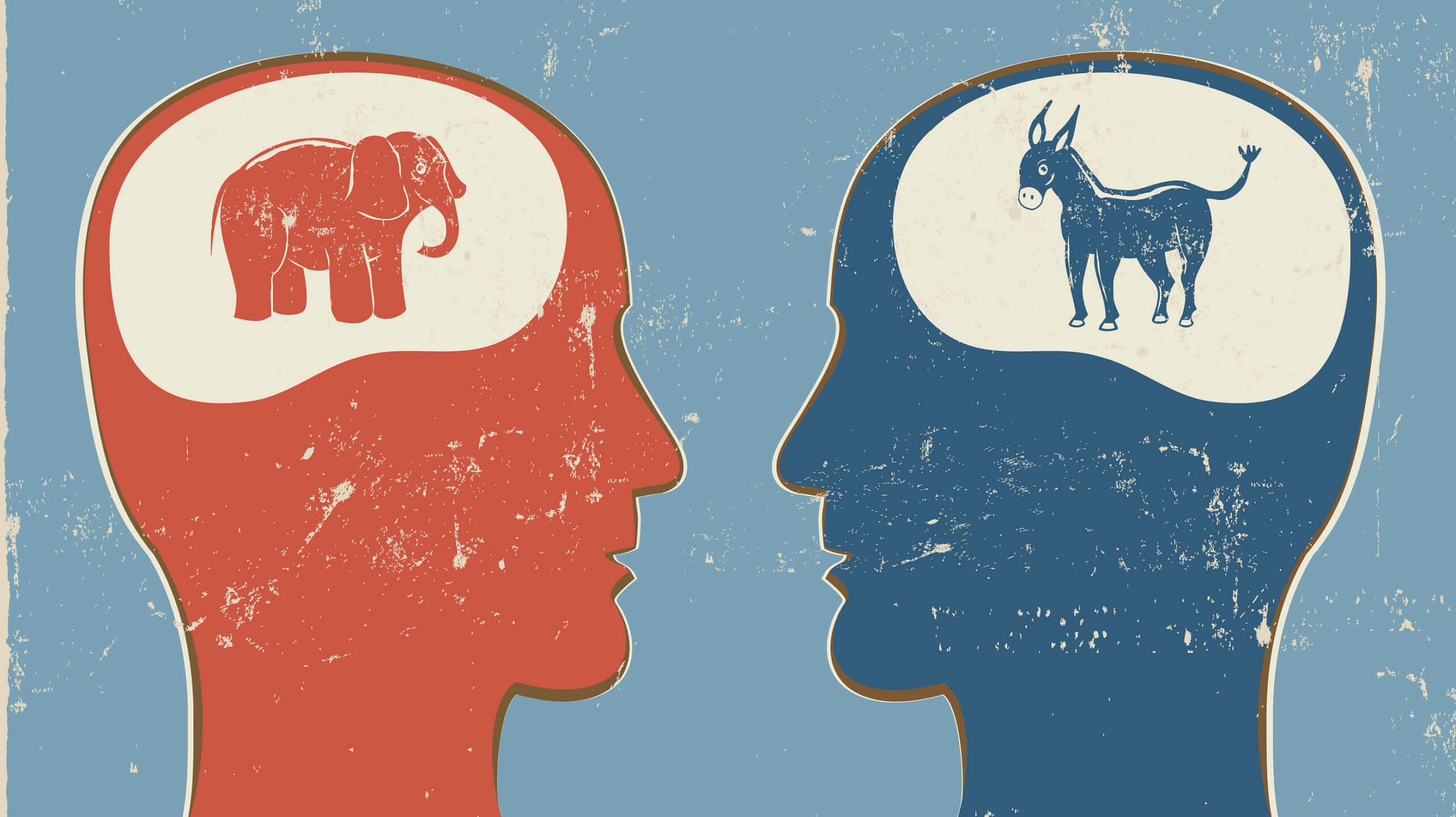


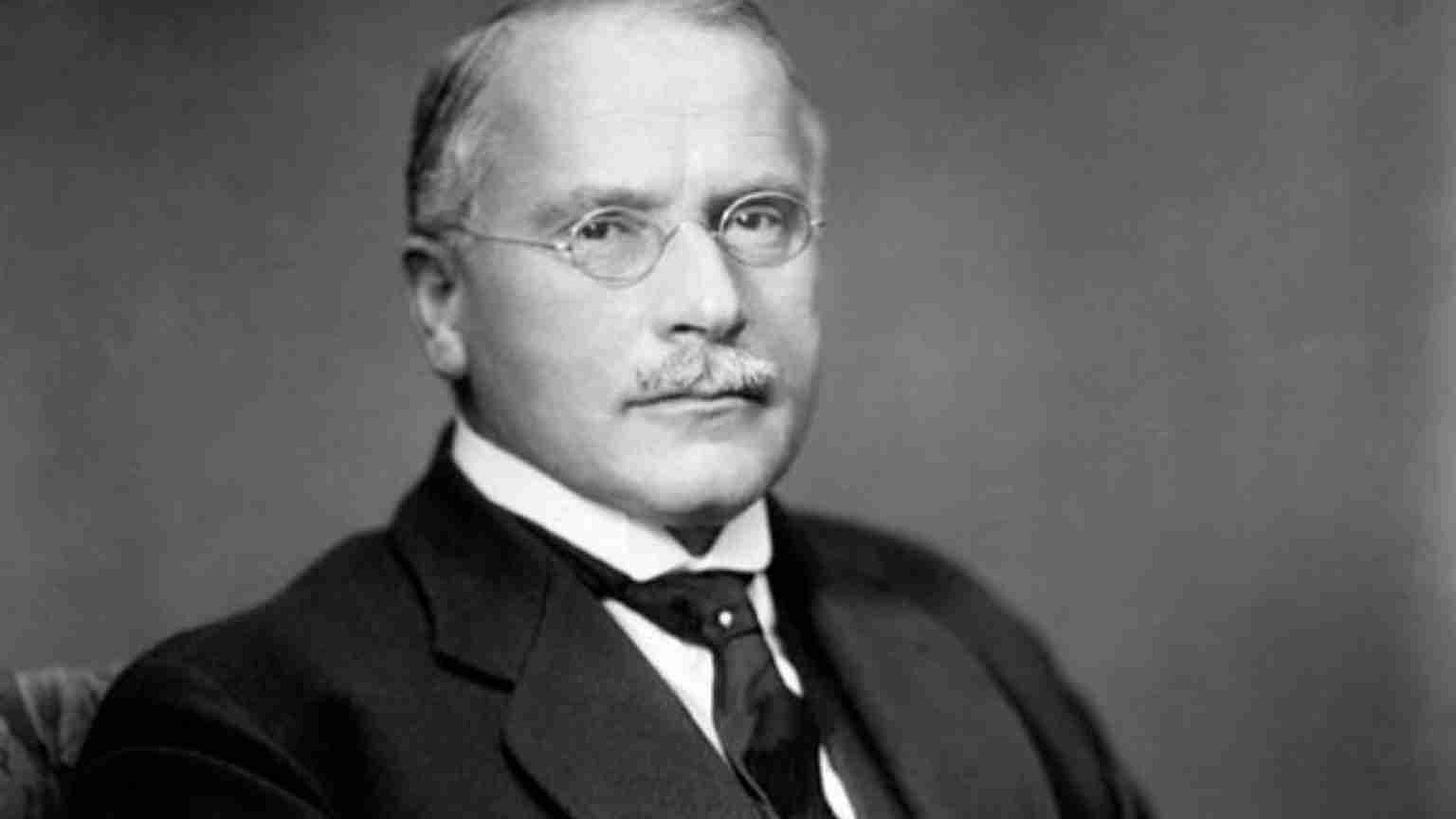

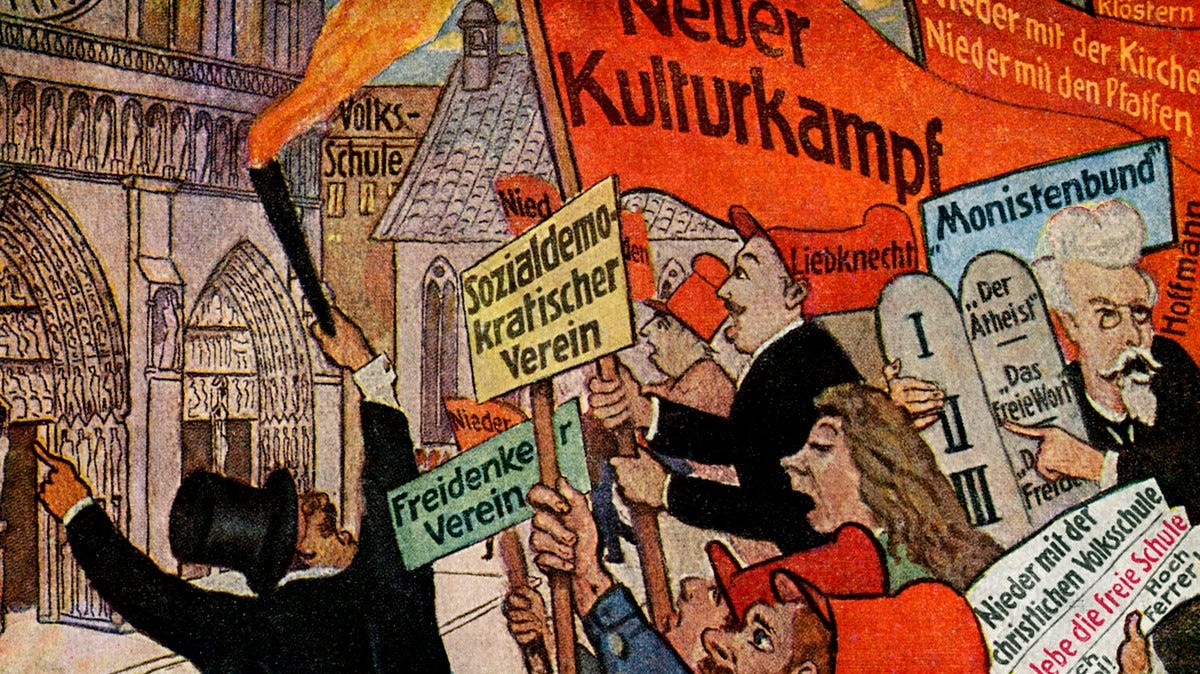
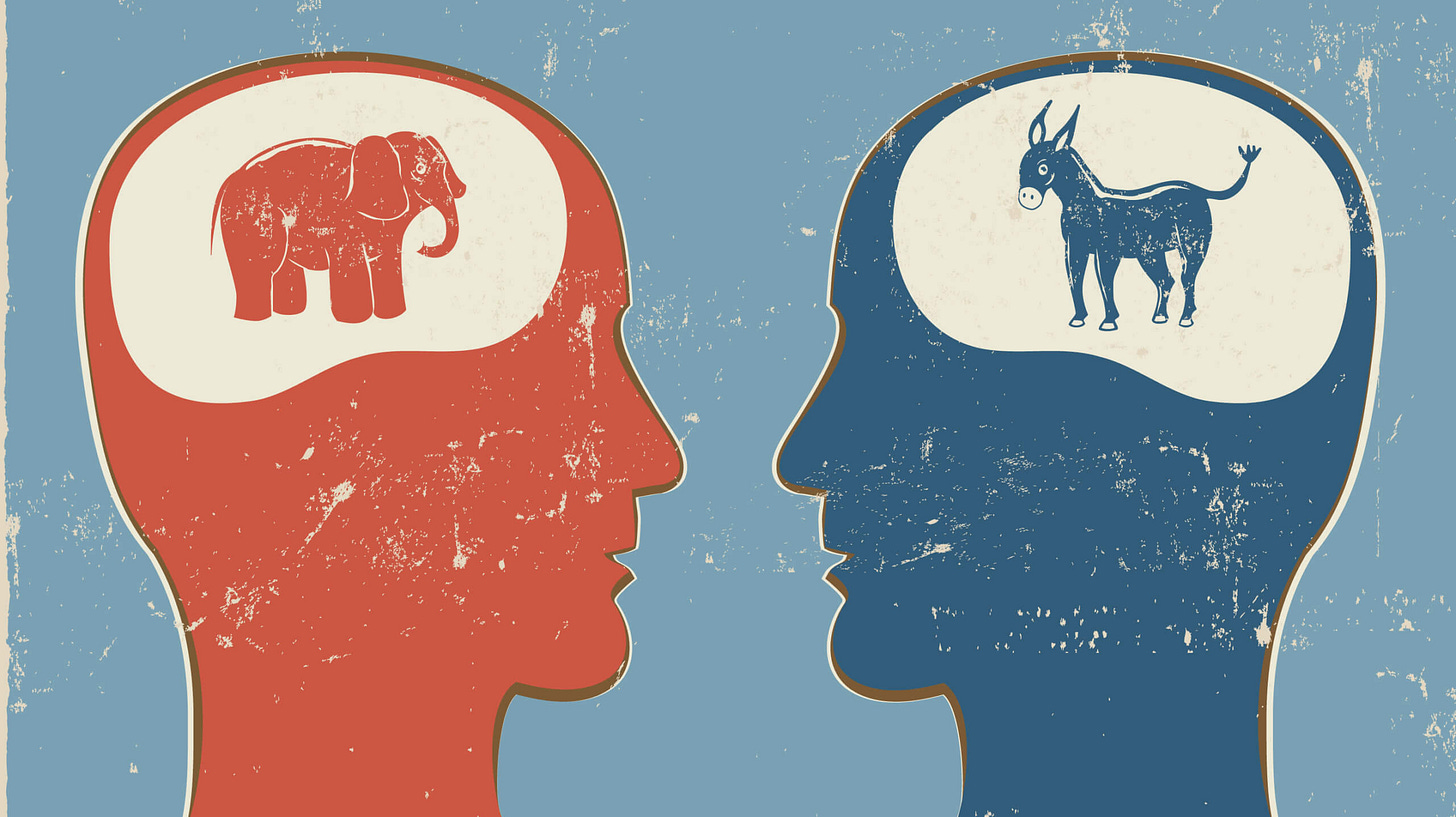
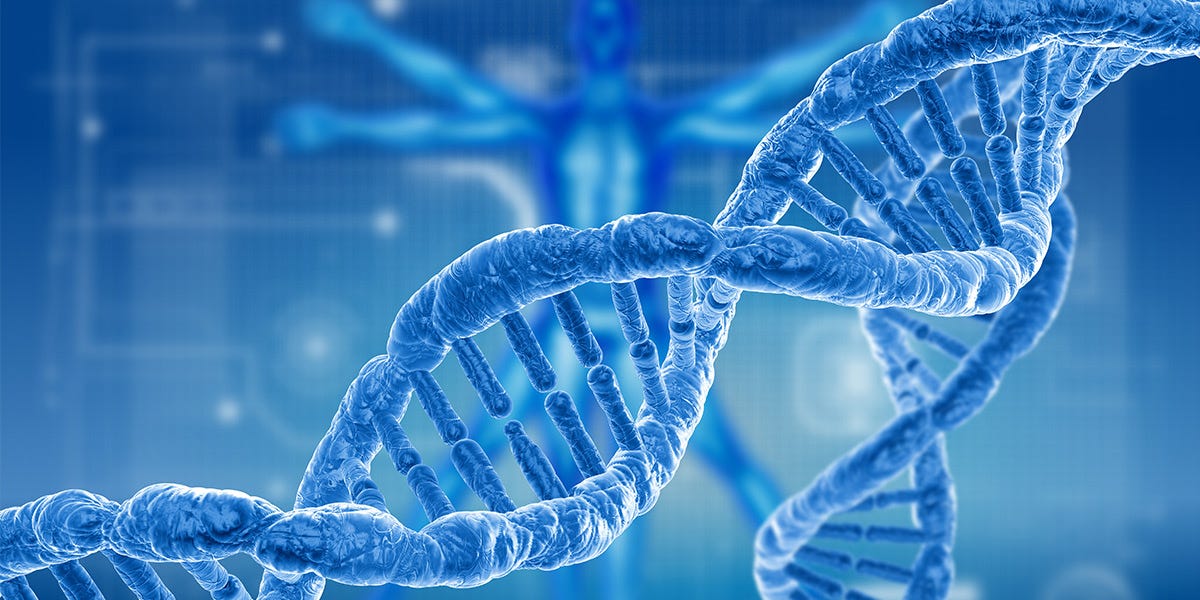
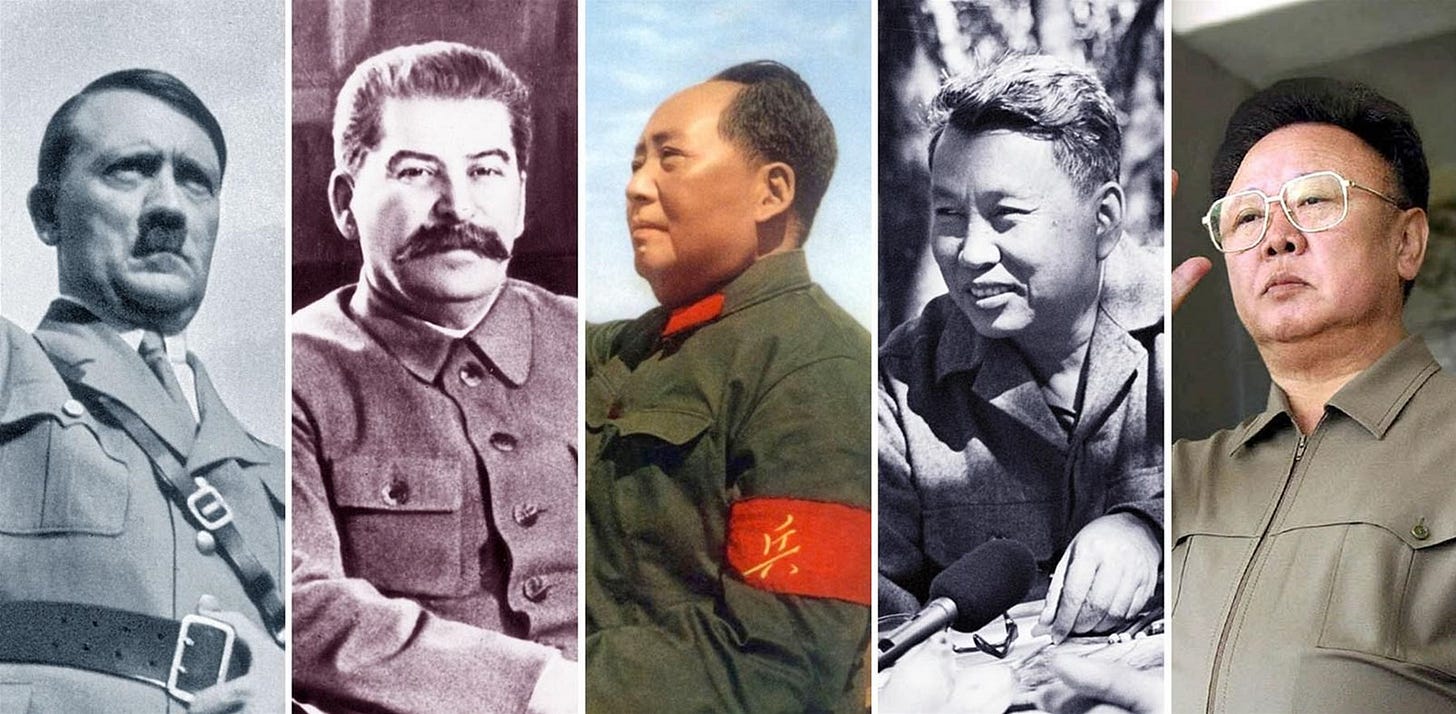

Very interesting take, and nicely laid out. Thanks.
"Economic self-interest is not closely tied to ideology or voting behavior. Upper-income voters now tend to vote for the Left which will increase their taxes."
"Working-class voters now tend to vote for the Right which is less likely to increase social spending."
I would push back on this a little.
The primary group supporting the left are professionals. Professionals are often paid directly or indirectly by the government. If I'm a school superintendent or a doctor at a hospital, I'm directly or indirectly a government employee.
Independent small businessmen continue to lean right, but less and less of the economy is independent small businessmen (independent practices amongst doctors for instance are vanishing, and its not a surprise they are moving leftward as a result).
Even were you aren't directly reimbursed by the government, regulatory capture, legal treatment of intellectual property (what makes up most of companies market cap today), and political goodwill to avoid anti-monopoly legislation and law fare are dominant in the big corp "private" sphere. Look at how it turns out all of Elon Musk's companies were doing illegal things the second he took on the wrong politics.
If someone has to pay slightly higher income taxes, but in return CMS increases your medical reimbursement rates, whose to say this is against your interest?
As to the working class, the GOP has completely moved on from Paul Ryan-ism. Could you imagine Trump cutting Social Security or Medicare. I can't. They've given up on repealing Obamacare too. There really isn't a huge gulf between the parties on the big entitlements anymore. Democrats might raise taxes to forgive student loans, but that's hardly something in the working class's interest. Even industrial policy gets entangled with DEI and other nonsense.
I don't really have a huge problem with a lot in this post, but I just think these are very out of date examples. The economy is 44% government spending (50%+ if you thrown employer group health insurance as "government"). The line between tax payer and tax receiver gets very blurry in such a world.